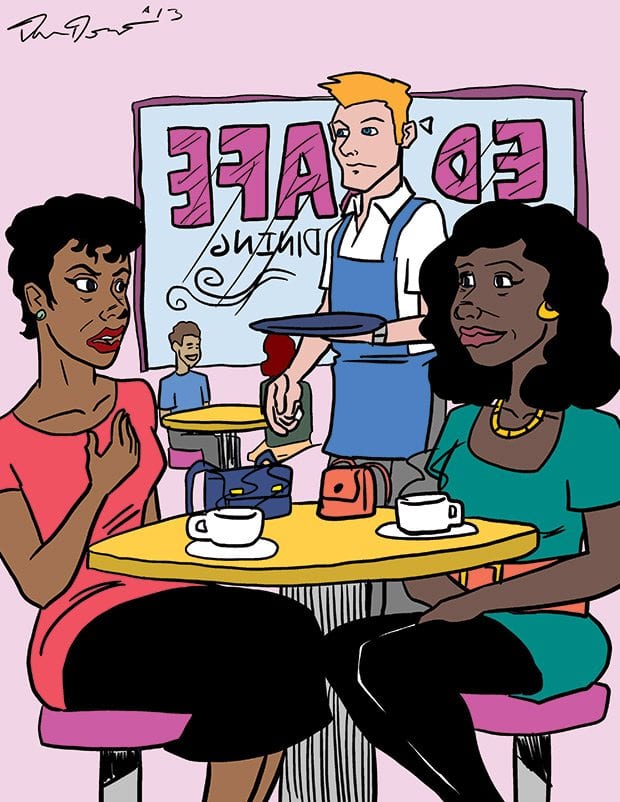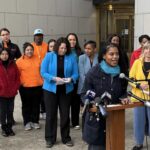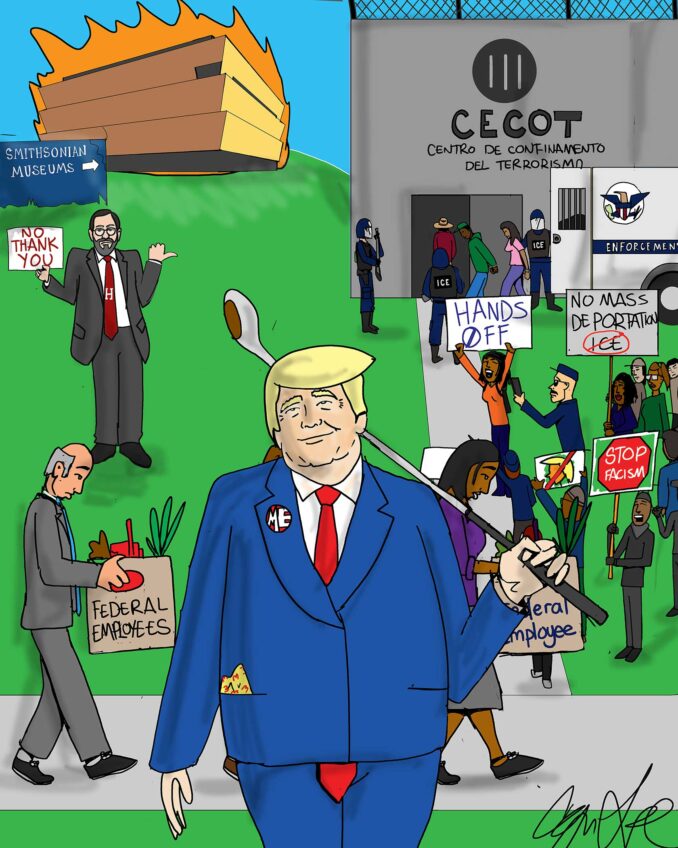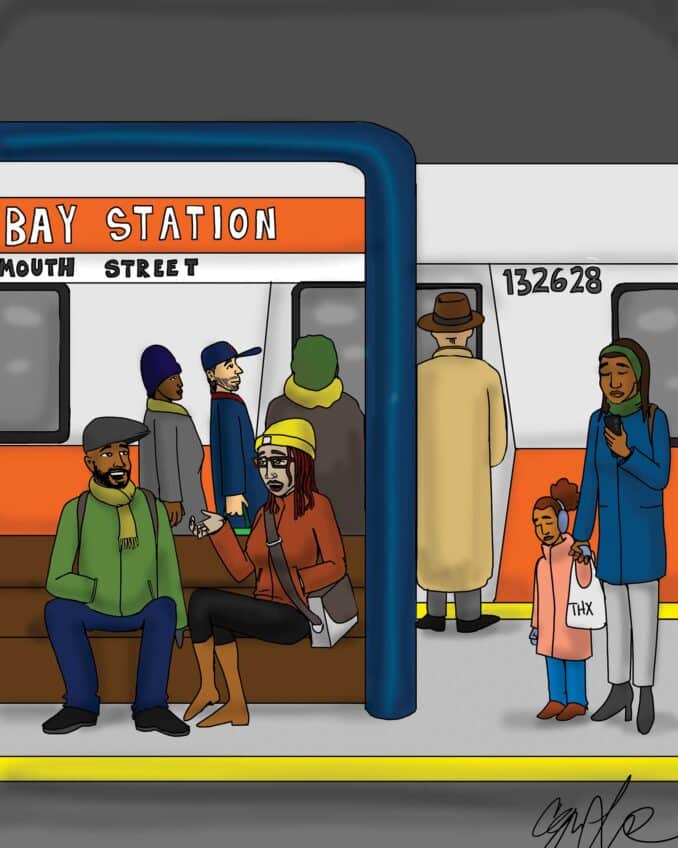
In the past, Boston voters have tended to support candidates of their own race or ethnic group for political office. In fact, this has been a general national tendency. It is why some pundits assert that Barack Obama got 93 percent of the black vote in the November election. However, they ignore the fact that Lyndon Baines Johnson won 94 percent of the black vote in 1964. That is the year he signed the Civil Rights Act. There is reason to believe that the importance of policy issues will trump race at the polls in Boston’s mayoral election.
Blacks have had so few opportunities to vote for blacks for high office that they have become issue oriented. In the recent primary election for mayor of New York City, Bill de Blasio and William C. Thompson Jr. each received 42 percent of the black vote, according to New York Times exit polls. De Blasio is white and Thompson is black. They differed substantially on their support of the police “stop-and-frisk” policy, with de Blasio being more liberal in opposition to the present policy.
For the past 20 years, Mayor Thomas Menino set the course for the city of Boston. With his retirement the two candidates contending to replace him will be forced to establish their own unique vision for the city. Those head-to-head debates should be much more helpful in informing the public than were the confusing comments of 11 active participants in the preliminary election.
It is highly likely that black voters will find support for various public-policy issues to be more significant than voting as a racial bloc. Many mayoral candidates seemed to be able to assemble a multiracial group of supporters during the primary campaign.
Perhaps Boston is becoming more cosmopolitan, and the character and qualifications of political candidates are now more important than their religious or racial affiliations.






